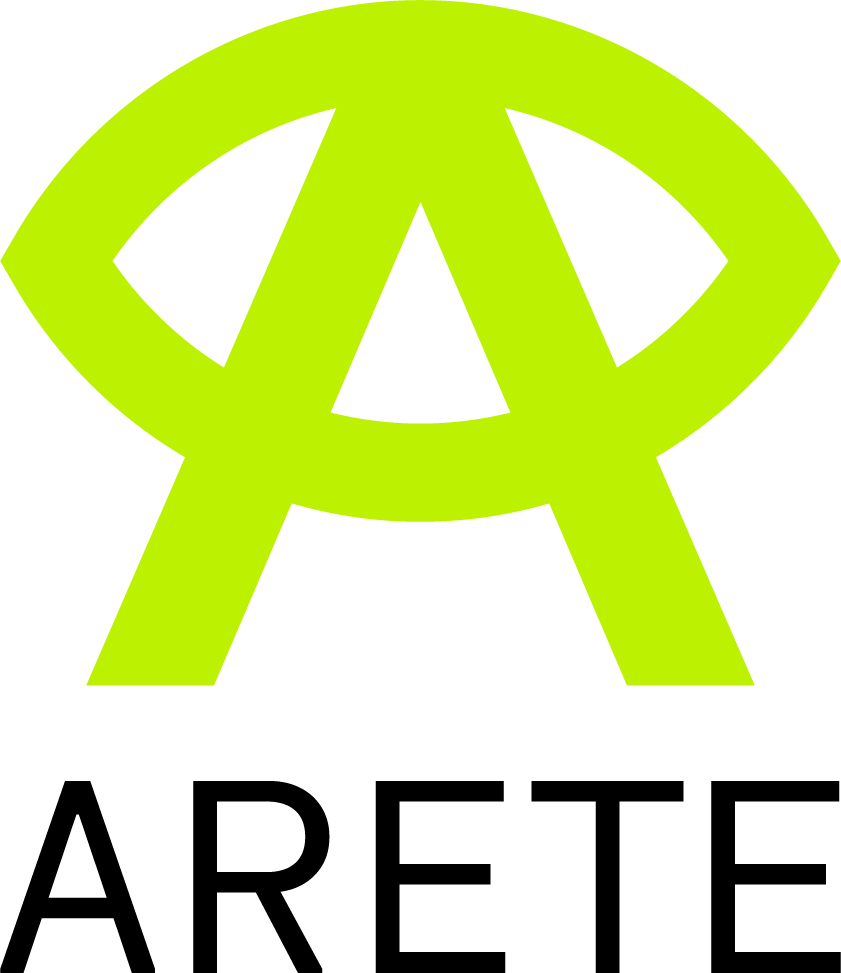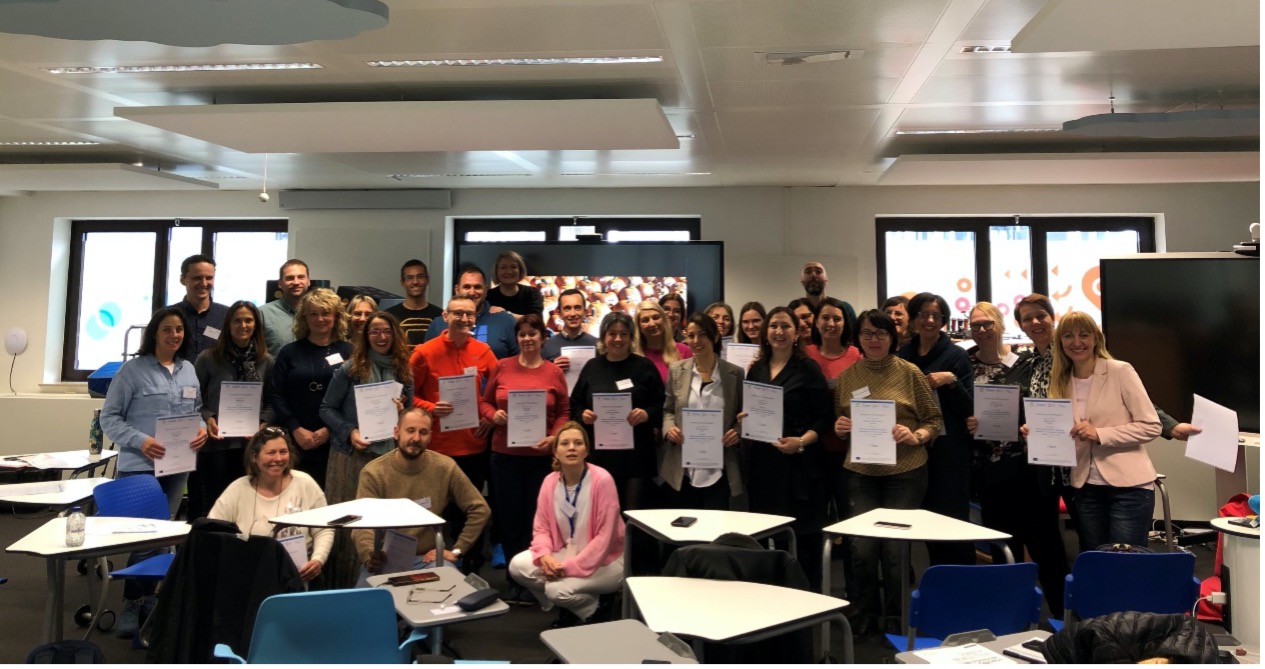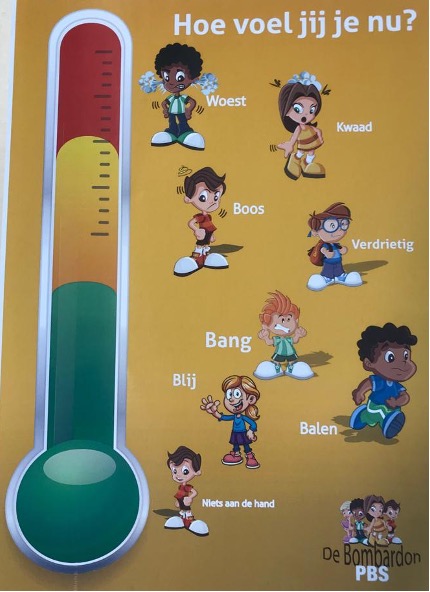Augmented Reality and Positive Behaviour
The Institute of Educational Technology (ITD) is one of the Institutes of CNR, the biggest public research institution in Italy. One of the missions of our institute is the study of the use of ICT-based tools, instruments and methods in education, and innovative learning processes. The team involved in the ARETE project has developed a number of projects with other European partners focused on cognitive-behavioural techniques, computer based education, and skills in the development of web learning environment. The two projects considered the most relevant to ARETE are the ADHD Augmented project (AHA) and the BASE project (Behavioural Assessment to Improve School Environment), both funded by Erasmus+ KA2.
Within the AHA project we evaluated the effect of Augmented Reality (AR) learning activities on the acquisition of reading and spelling abilities, and the concentration of students with ADHD. https://app-aha.ucd.ie/
Within the BASE project a new Evidence-Based support tool was developed aimed to promote a digitally assisted school-wide intervention to easily create digital measurement tools for the observation within the framework of School-wide Positive Behaviour Interventions and Support (SWPBIS) https://www.base-
Within the ARETE project, the Institute of Educational Technology in collaboration with the Vrije Universiteit Amsterdam will investigate the introduction of AR to promote expected and adequate behaviour of primary school children within the framework of SWPBIS. By introducing AR solutions as part of the SWPBIS approach, the effectiveness of the framework will be enhanced to prevent and reduce challenging behaviours and to promote academic engagement. We look forward to build the evidence that AR can complement the SWPBIS framework of teaching values and expectation to pedagogical interventions within behavioural lessons. Small teams of teachers will be trained by SWPBIS-experts of VU Amsterdam in order to develop lessons and training materials via the professionalisation method of Lesson Study.
The use of AR technologies within SWPBIS, will allow teachers to improve their professional development and teaching methods by experimenting with new Augmented Reality processes for behavioural management.



